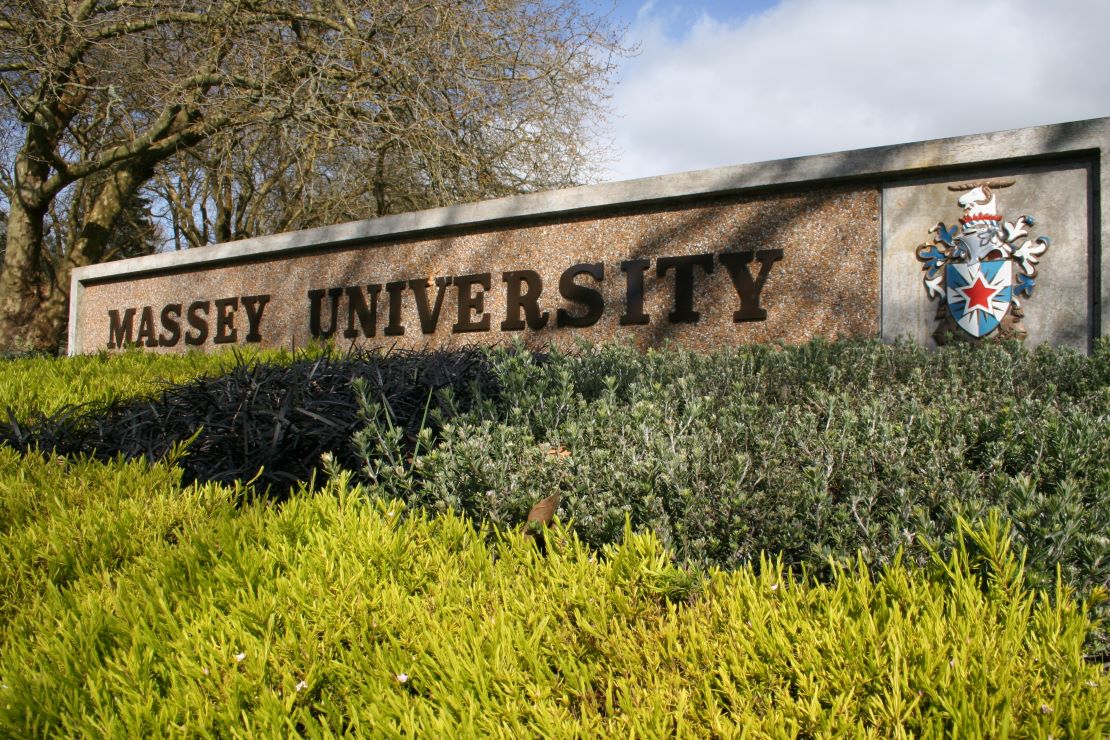Cash-strapped Massey University is proposing to slash science jobs, RNZ reported last night.
This has raised concerns among its science staff that the loss of expertise and courses will result in fewer people wanting to study there.
The Tertiary Education Union claimed more than 100 jobs were on the line as the university faces a massive deficit, which stood at $33m for the seven months to July.
According to RNZ, proposals announced this week include no longer offering engineering qualifications at any campus, and the loss of 60 per cent of staff in the schools of natural sciences and food and advanced technology.
RNZ reported:
It was proposed those two schools will cease to exist at its Albany campus, instead having them only in Palmerston North.
This will hollow out a new Auckland building the schools moved into just last year that reportedly cost about $120 million.
Associate professor in zoology and ecology Weihong Ji, based in Albany, is one of those who has received a letter saying her position was slated for disestablishment.
“The building is built for the purpose of natural sciences. This big new building, the innovation complex, is built for science. It has state of the art laboratories,” she said.
“They are going to be repurposed if the proposal goes ahead. All the laboratories will be decommissioned.”
Weihong Ji told RNZ offering courses only in one location – Palmerston North – might discourage international students.
She said:
“The loss of scientists is going to cost the university in the university rankings. Students, especially international students, are looking for the ranking and looking for the people they want to work with, the post-graduate [students], the PhDs.”
Ji said she found it hard to understand the financial rationale behind the proposed closure of Albany natural sciences.
Among its costs are $7m in internal payments that were effectively for renting space from Massey, yet the university includes this to say the school’s losing just over $2m a year. According to finances shared during consultation on the proposal, the school makes $22.5m and has costs of $25m.
Professor Dianne Brunton, whose field is conservation biology, especially birds, also faces disestablishment.
She said natural sciences at Albany undertook cutting edge research that was applied to the conservation of New Zealand species and added to the understanding of what’s needed to save biodiversity.
“Conservation is the number one at the moment in terms of mitigating the impacts of climate change and human beings on the environment.
“In New Zealand we were so isolated for so long that when people did arrive we had a huge impact on our biodiversity, so we’ve got a huge number of threatened species.”
Albany-based staff and students’ research focused on New Zealand’s northern areas, which would be harder to do from Manawatū, Professor Brunton said.
The uncertainty was leaving students to wonder about how their qualifications would be completed and the status of supervisors.
“We’ve got brand new PhD students that are funded externally by the Marsden grant, students that are funded in other ways,” she said.
“International students come here, bring their families to New Zealand. One came here with his family from India on Monday.”
That was the day Massey told staff and students about its proposals.
Brunton shared Ji’s concerns about the future of the new Albany innovation complex.
“If we’re not there the building will likely have to be altered, decommissioned,” she said.
“There are specialist labs, research labs.
“That also is an enormous waste of our taxpayer dollars, which really gets to me, as we’ve got this capability now we haven’t had.”
Tertiary Education Union organiser Ben Schmidt said the latest proposed cuts were ill-timed.
“This is completely short-sighted and unnecessary,” he said.
“We unequivocally oppose these proposed cuts. They would deeply undermine the provision of sciences, not just at Massey but also New Zealand science capability.”
Schmidt urged Massey vice-chancellor Jan Thomas to stop the cuts and instead work with other sector players on how to fund tertiary education.
“Sciences cannot grow while simultaneously cutting over 60 percent of staff across these crucial areas,” he said.
In a statement, Massey University said the proposal worked to shape the college of sciences for world-class teaching and research, while addressing challenging financial circumstances.
“Work on the academic profile of the college of sciences began prior to the pandemic, with changes made to the academic offer in response to changing demographics and interests.
“The current proposal considers further changes to the qualifications and specialisations delivered by the college of sciences, proposes the consolidation of some subjects to the Manawatū campus, and alongside this also considers the academic and technical staffing that would be required to support core activities in teaching, learning and research,” the statement said.
Consultation was under way and a final decision was expected in November.
Source: RNZ












